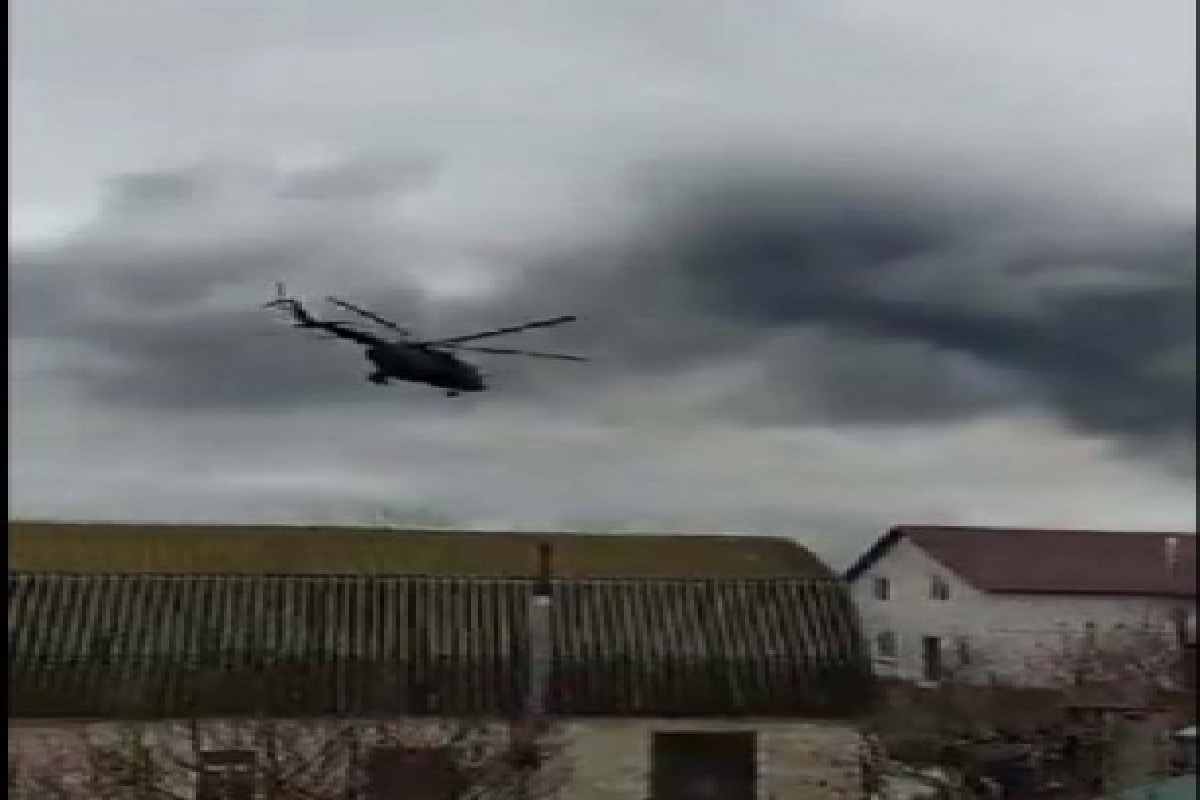For the people of Ukraine, the Russian invasion is a waking nightmare ~ a humanitarian disaster on a terrifying scale. But the war is also fast becoming a matter of life and death for vulnerable people around the world. We have all seen the tragedy unfolding inside Ukraine: cities flattened; people suffering and dying in their homes and in the streets; the fastest displacement crisis in Europe since World War II.
But beyond Ukraine’s borders, far beyond the media spotlight, the war has launched a silent assault on the developing world. This crisis could throw up to 1.7 billion people ~ over one-fifth of humanity ~ into poverty, destitution and hunger on a scale not seen in decades. Ukraine and the Russian Federation provide 30 per cent of the world’s wheat and barley, one-fifth of its maize, and over half of its sunflower oil. Together, their grain feeds the poorest and most vulnerable people, providing more than one-third of the wheat imported by 45 African and least developed countries. At the same time, Russia is the world’s top natural gas exporter, and the second-largest oil exporter. But the war is preventing farmers from tending their crops while closing ports, ending grain exports, disrupting supply chains, and sending prices skyrocketing. Many developing countries are still struggling to recover from the effects of the Covid-19 pandemic, coupled with historic debt burdens and soaring inflation.
Advertisement
Since the start of 2022, wheat and maize prices have increased by 30 per cent. Brent oil prices have risen more than 60 per cent over the last year, while natural gas and fertiliser prices have more than doubled. The United Nations’ own lifesaving operations are under severe strain. The World Food Programme ( WFP) has warned that it faces the impossible choice of taking from the hungry to feed the starving. It urgently needs USD 8 billion to support its operations in Yemen, Chad, and Niger. Some countries are already slid- ing from vulnerability to crisis and serious social unrest. And we know that the roots of many conflicts lie in poverty, inequality, underdevelopment and hopelessness. But while much of the world has stepped up in solidarity with the people of Ukraine, there is no sign of the same support for the 1.7 billion other potential victims of this war. We have a clear moral duty to support them, everywhere.
The Global Crisis Response Group on Food, Energy and Finance that I launched last month aims to develop coordinated solutions to these interlinked crises, with governments, international financial institutions and other key partners. I thank the global leaders in all sectors who are supporting this initiative.
On food, we are urging all countries to keep markets open, resist hoarding and unjustified and unnecessary export restrictions, and make reserves available to countries at the highest risk of hunger and famine. This is not the time for protectionism.











